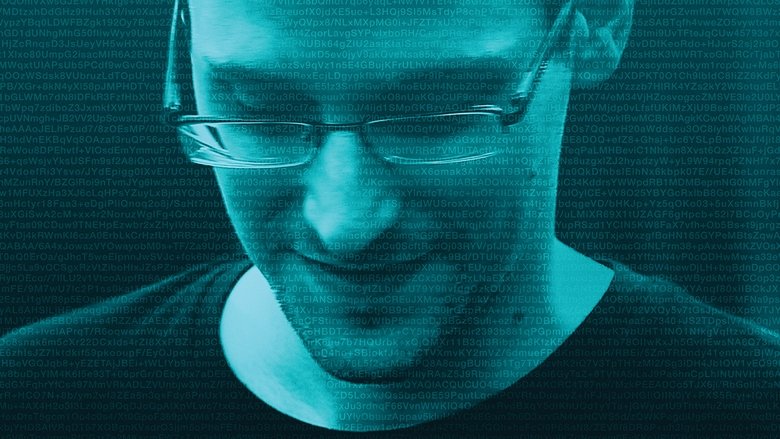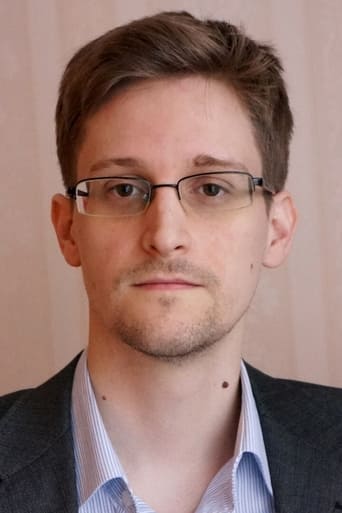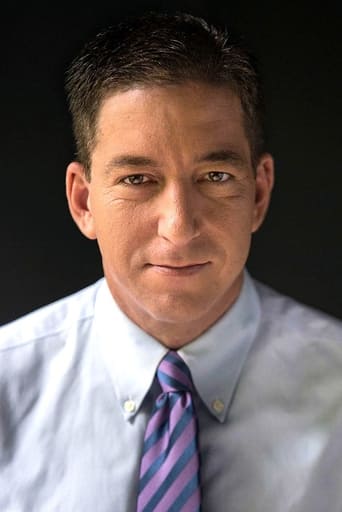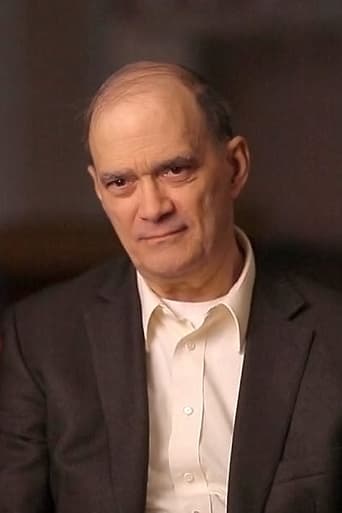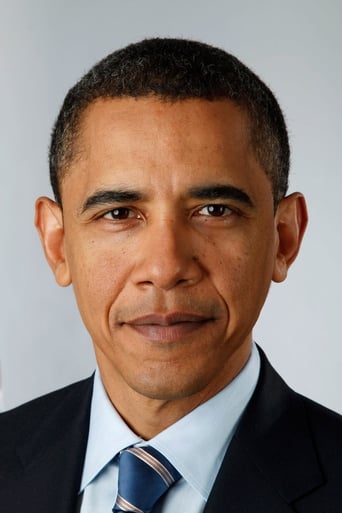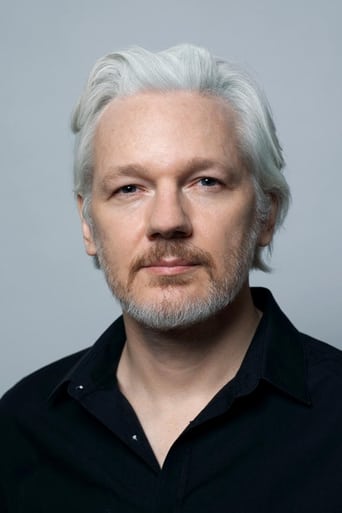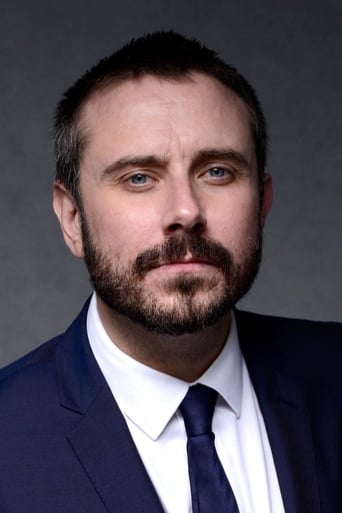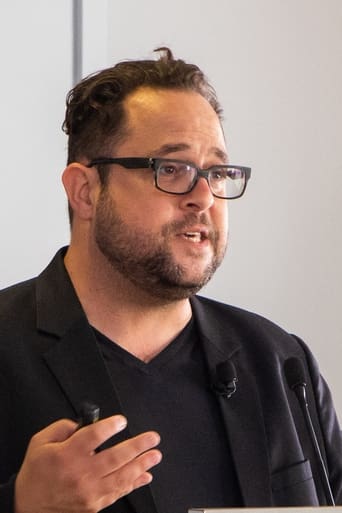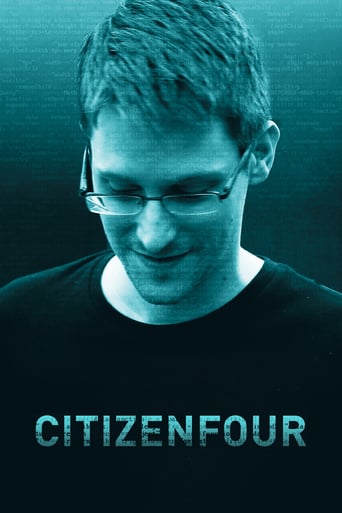
Citizenfour
October. 24,2014 RIn June 2013, Laura Poitras and reporter Glenn Greenwald flew to Hong Kong for the first of many meetings with Edward Snowden. She brought her camera with her.
Similar titles
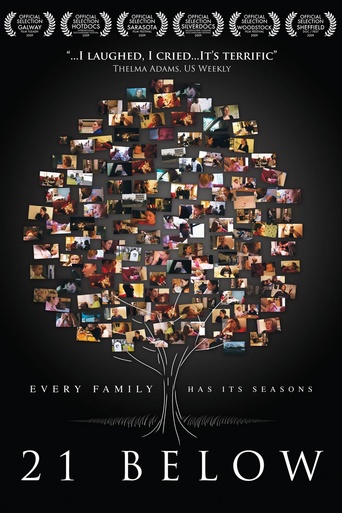

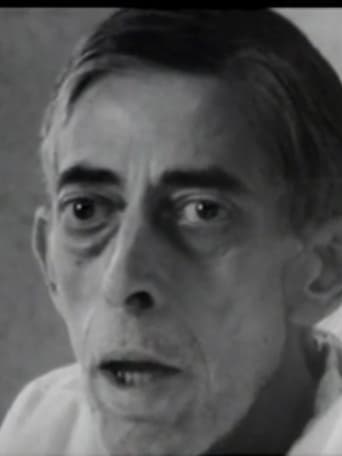
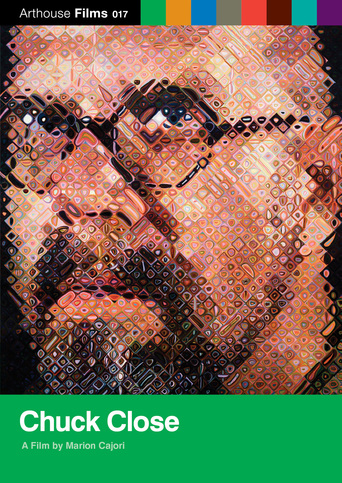

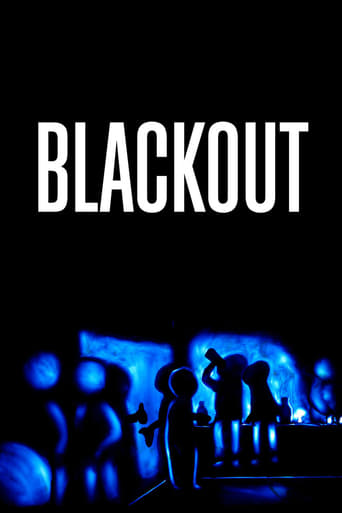
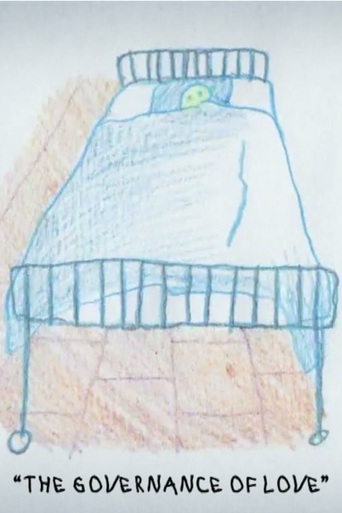
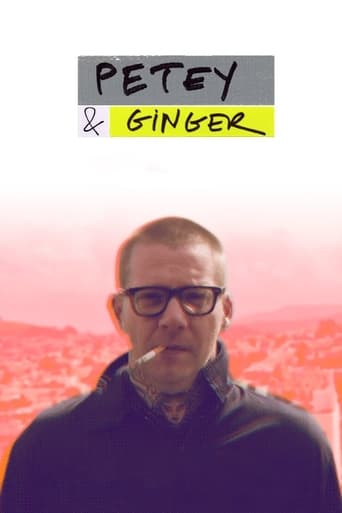
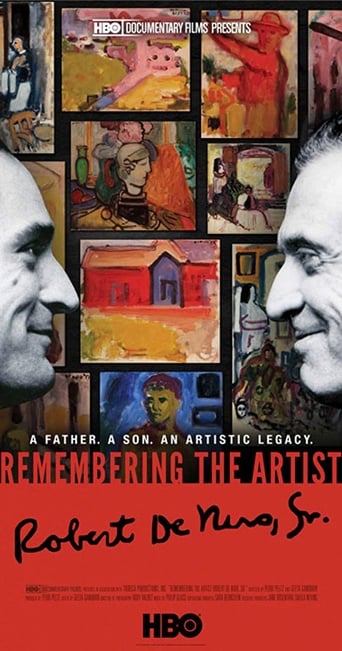
You May Also Like
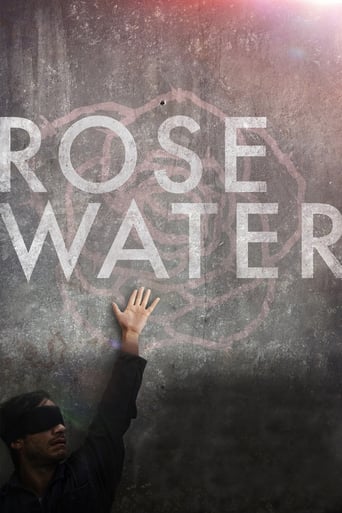
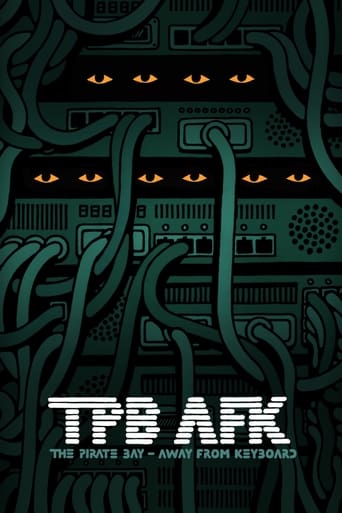
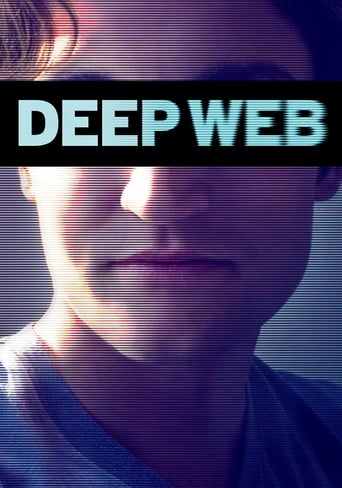
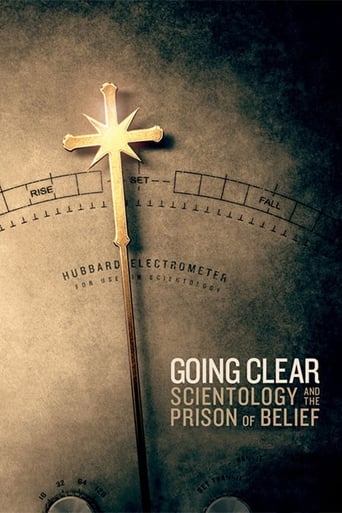
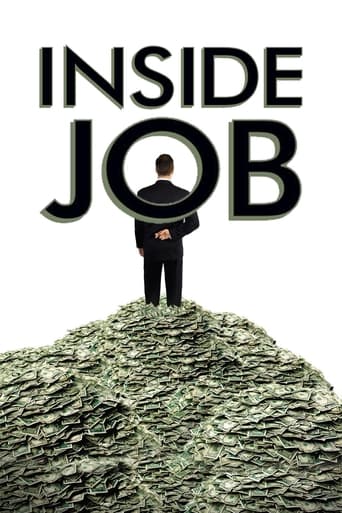

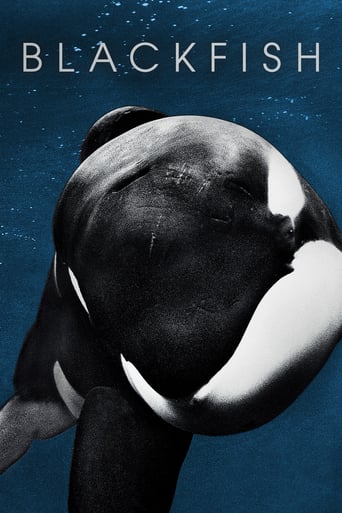
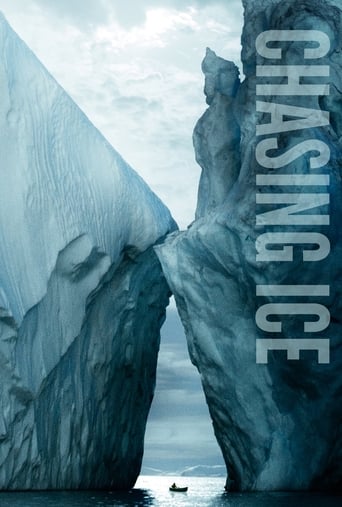

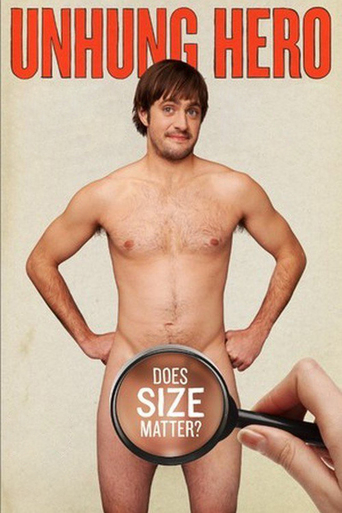
Reviews
Very very predictable, including the post credit scene !!!
Absolutely the worst movie.
Through painfully honest and emotional moments, the movie becomes irresistibly relatable
The movie turns out to be a little better than the average. Starting from a romantic formula often seen in the cinema, it ends in the most predictable (and somewhat bland) way.
Not since Daniel Ellsberg broke the extreme illegality of America's involvement of the Vietnam War with his release of the Pentagon Papers had any government contractor dared to defy their employers and made public huge government dissembling that affected the lives of every man, woman, and child living inside the boundaries of the United States. Just before the end of 2012, an individual who identified himself in e-mails as "Citizenfour" revealed to documentary filmmaker Laura Poitras all-too-convincing evidence that the U.S. intelligence complex, including the Central Intelligence Agency, the National Security Agency, and most of the major communications conglomerates, were engaged in mass surveillance against the nation's own people in the years and decades following the terrorist attacks of September 11, 2001. As it turned out, "Citizenfour" would be identified as Edward Joseph Snowden. In June 2013, Poitras and noted journalist Glenn Greenwald interviewed Snowden at a high-rise hotel in Hong Kong in which he revealed the first huge batch of what he knew. The end result was Snowden becoming one of the most wanted men in history. What also resulted was the Oscar-winning, and disturbing, 2014 documentary CITIZENFOUR.Poitras had already done two documentaries (2006's MY COUNTRY, MY COUNTRY; 2010's THE OATH) that touched on post-9/11 America; and CITIZENFOUR expands on those two films to focus on what the deaths of nearly 3,000 people on that dark late summer day in 2001 unleashed in the bowels of the intelligence community inside the United States. Poitras, along with Greenwald and MacAskill (the last two of whom worked at the British newspaper The Guardian) went and interviewed Snowden in Hong Kong; and a lot of that interview involves Snowden's chillingly detailed information about how every branch of the intelligence community, and their contractors, including the one (Booz Allen) that Snowden had worked for, used its expertise to monitor the activities of everyone at practically every second of their public and online lives during the day. The revelations that Snowden allowed Greenwald to make public turned out to be every bit as explosive in the media and to the American public as advertised, and then some. Not surprisingly, the kind of paranoia that developed among the three of them in that tenth floor Hong Kong hotel room was extraordinary. And once the first revelations were made public, Snowden was charged with three crimes, two under the U.S. Espionage Act of 1917, basically putting him in the crosshairs of the entire United States government, which was shamed by his revelations, and making him a target for the ultimate charge of Treason.The revelations that Snowden makes to Poitras, Greenwald, and MacAskill (which director Oliver Stone dramatized in his 2016 film SNOWDEN) in his Hong Kong hotel room, along with the e-mail messages he delivers to Poitras and Greenwald while on the run, reveal a great deal about the things the United States government has been doing, to a great degree because of electronic encryption software that was of Snowden's own design, to track the movements of every American citizen possible. It is likely that Snowden first identified himself to Poitras as "Citizenfour" because of his concerns about how the massive bulk-collection program being carried out violates the Fourth Amendment of the Constitution. This amendment guarantees that the government cannot search and seize a person or his property without proper cause; but the Patriot Act, signed into law just after 9/11 by then-president George W. Bush after being passed by a Congress that read not one single page of it, basically superseded it (with the acquiescence of a fearful American public) in the name of National Security. In essence, both CITIZENFOUR, and, two years later, SNOWDEN seem not only to indict Bush and, later, Obama in this whole scandal, but to a fair extent We The People in the bargain.The years following the 9/11 attacks saw a huge explosion in the number of feature-length documentaries being made, including Michael Moore's infamous FAHRENHEIT 9/11, and more sober ones like Eugene Jarecki's WHY WE FIGHT, and Charles Ferguson's NO END IN SIGHT. CITIZENFOUR, whose Oscar win in 2014 was richly justified, should be considered another essential addition to the number of films which speak the truth against government power and overreach. It is as darkly spooky as any fictional high-tech espionage thriller, like MINORITY REPORT or THE OSTERMAN WEEKEND, and thanks to its being based on contemporary events, every bit as scary.
A fascinating and amazing story about lengths a government will go to know everything and deny they are doing it ("...we were lying for national security reasons") but I wonder how many people will watch this documentary twice. The problem I found with Laura Poitras's film is that the subject isn't really visual. This would have been a wonderful long forme article in the New Yorker, Atlantic or Vanity Fair where copy editors knock it into shape to make every word count. Thankfully there is no print equivalent of out of focus camera work, visual padding with no commentary, white noise background sound (prevalent at the start of the film) or sloppy filming of three men, in a Hong Kong hotel, discussing how to leak secrets. It could all have been summed up in a few thousand words and two or three photos in a magazine.
Quite dull.A documentary on Edward Snowden, the NSA agent who blew the whistle on the US's surveillance of its own citizens. The movie shows how reporter Glenn Greenwald met and interviewed Snowden in Hong Kong, Snowden discussing his motivations, how the story was broken and the effects thereof.Set up like a thriller, but more tedious than thrilling.How this won the 2015 Oscar for Best Documentary, I don't know. While there was some intrigue initially, as Snowden tries to connect with Greenwald, after that it is pretty dull. Most of the movie consists of scenes of Snowden and Greenwald waffling on about nothing important. At best you get Snowden's naive motivations for doing what he did. The detailing of events as they unfurl is interesting at times, but it is really nothing you didn't already know.
Ever since films first starting being produced, many of them have had a political agenda, whether it be subtle or Leni Riefenstahl levels of obvious. However, that aspect alone shouldn't affect your judgment of the film overall, as you are reviewing the film, not the viewpoint it represents. Take Citizenfour for example, the documentary about Edward Snowden. Despite the prejudice I personally have for Snowden, I still had an open mind to the film. However, it is a badly made and boring film which lacks any structure, making it one of the most overrated films in quite some time. The documentary focuses on Edward Snowden, the whistle-blower who leaked NSA's surveillance activities to the world. Here, we see his leaking of the story to The Guardian and him hiding out around the world in order not to be caught by the US government. On top of this, there is also footage of NSA building surveillance sites and worldwide governments trying to stop the NSA's spying. While it sounds compelling, the film is anything but. One main reason for this is that a lot of the film takes place inside Snowden's Hong Kong hotel room, without much happening, outside of Snowden watching TV and getting dressed. Whoopee. It also doesn't help that the film is poorly structured. Besides the initial boredom you'll experience from watching Edward Snowden in his hotel room, the film also randomly puts in the aforementioned footage of the NSA building these sites and of the foreign governments without much context besides the film's obvious message (government surveillance is bad). It's put together in a very sloppy manner, and while I understand the circumstances behind this (director Laura Poitras had the pressure of the authorities finding her), it demonstrates the lack of experience Poitras has. It just makes you wish she would have handed the footage to someone with more skill, as it would have made the film more coherent. Another problem is how overly one-sided this film is. I understand that many documentaries are biased towards a certain view, but at least they often consider the other side of the debate. For example, a good documentary like The Times Of Harvey Milk may portray people like Milk's assassin Dan White and John Briggs (of the controversial Briggs Initiative) as morally bankrupt, but also tries to explain their actions and humanise them to an extent. Not here though. Not only does the film ignore the other viewpoint, but portrays it as completely dangerous and volatile. So as you can imagine, there's no mention as to why the system was set up (in order to prevent disasters like 9/11 from repeating themselves), why the authorities are after Snowden (as he threatened national security) or the negative consequences of Snowden's actions (potentially giving terrorists a loophole to go through in order to harm innocent lives - the fact that the Boston marathon bombers are mentioned at one point makes this factor more important).It also portrays Snowden in an overtly perfect manner, almost saintly, for his exposure, as if he was a kind young man wanting to protect the American people. So factors like how he didn't even read all of the documents he leaked or how thanks to him, Al-Qaeda are now changing their communication methods in order not to get caught by the NSA don't enter the conversation. Even some things that are mentioned in the film unintentionally work against him, mainly how he has put his own family at risk, and doesn't even try to protect them. On top of this, you can't help but feel that some of the criticisms of the NSA's actions in the film are filled with hypocrisy, mainly that of the Brazilian government, a country with higher internet censorship than the United States. I wouldn't mind the politics as much if the film was good, as I have enjoyed films in the past but don't necessarily agree with their ideology. Citizenfour however is extremely dull and boring, making the questionable politics even more problematic.In conclusion, Citizenfour is a very bad documentary which is poorly structured, tedious and sloppily handled, and is a blatant Leni Riefenstahl-esque propaganda piece for Snowden, that not only glorifies one side and ignores the other, but demonizes that same side as well. It is also notable for something that is becoming a major problem in our culture as a whole: the glorification of criminals in the media. There's no problem if you think Snowden was in the right, but all too often, people are praised and martyred in the media through their behaviour, despite being dangers to society, leading to the silencing of those who criticise them, regardless of their legitimate points. Usually this applies to traitors like Snowden who are treated as heroes as well as terrorists like the IRA and many Jihadists being excused as martyrs, both of which undermine the serious consequences of their actions. On top of this, we see gangsters like the Kray Twins being made out as folk heroes and common thugs like Mark Duggan & Michael Brown being seen as innocent victims. All of this shows how criminals are portrayed as heroes, which encourages both the infliction and support of illegal behaviour through their media endorsement, meanwhile we see the constant lynching of groups like the police and the NSA for protecting a free society. This not only divides people to antagonize one another but also makes people forget who the real bad guys are, leading to a society based on lies and deceit, rather than truth and honesty. This film (along with its undeserved media acclaim and Oscar win) are a testament to this, showing that society is confused as to where our priorities lie and who are the bad guys truly are. Because of this, I suggest that you skip Citizenfour, as not only is it cruddy agitprop, but as it glorifies a potential traitor, makes it rotten to the core.
Top Streaming Movies











